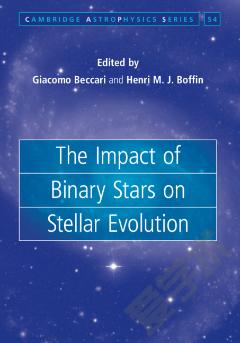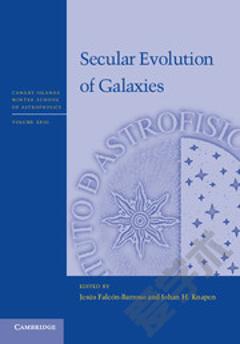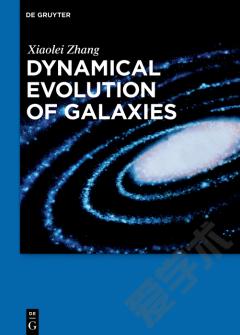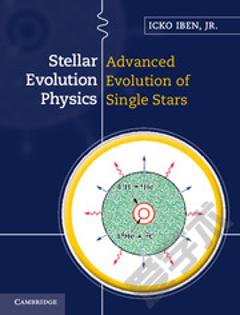The Impact of Binary Stars on Stellar Evolution
Stars are mostly found in binary and multiple systems, with at least 50% of all solar-like stars having companions; this fraction approaches 100% for the most massive stars. A large proportion of these systems interact and alter the structure and evolution of their components, leading to exotic objects such as algol variables, blue stragglers and other chemically peculiar stars, but also to phenomena such as non-spherical planetary nebulae, supernovae and gamma-ray bursts. While it is understood that binaries play a critical role in the initial mass function, the interactions among binary systems significantly affect the dynamical evolution of stellar clusters and galaxies. This interdisciplinary volume presents results from state-of-the-art models and observations aimed at studying the impact of binaries on stellar evolution in resolved and unresolved populations.
{{comment.content}}








 京公网安备 11010802027623号
京公网安备 11010802027623号